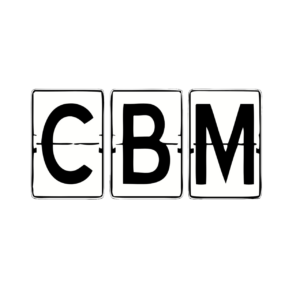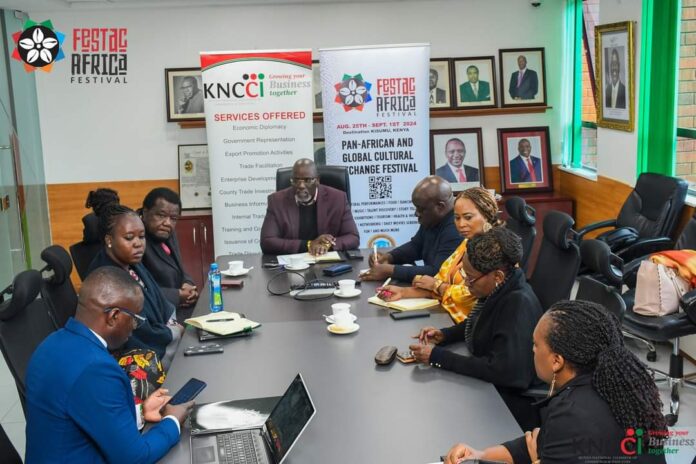When I first introduced myself to Professor Anyang’ Nyong’o, it felt like a muse, not because I am the type to fret at the presence of greateness, but because I was facing history. Seated directly opposite me was Amb. Dr.Wallace Williams, a product of Festac 77′, the yet to be outdone magnamopus of the festival. In the room was Eng. Yinka Abioye, the man who led the revival of the Festival after a four decade hiatus. Present was Grace Mumo, the award winning woman in tech, and the Chief Executive of the festival. His Royal Higness Keith Brown, the man who is uniting Africans in the diaspora was also in the room. At the meeting was Eng. Patrick Obath,Genrose Minani of East African Community, Akech Obat Masira of Misango Arts Ensemble and the meteoric Kelvin Nyamache. An air of excellence filled the room, as the future of Africa was being discussed! Conversations were dotted by the history of the continent, as dignitaries linked the past, present and future. Stories were told, of how Africa’s oldest festival came to be. Stories of how Wole Soyinka, Wallace Williams, Olusegun Obasanjo and other giants were present at the famous Festac 77′. The stories were not only educative, but also entertaining.
However, it was at the mention of a certain Festac town, that I had an epiphany of my potential contribution towards a greater future for Africa. I looked at myself in the image of Wole Soyinka and Wallace Williams, who took part in the festival at their salad ages.
“I am in my mid twenties and seated in the midst of those trusted with the future of Africa. What can stop me from being that future?” I murmured to myself. “If Wallace is here,then fifty years from now, I should be telling the world that ‘I was there in FESTAC 24’. If a Festac village still exists in Nigeria, then Kisumu should have a Festac Market, that will live to forever tell the story of the fifth world’s black and African festival,” I told myself.Such is the role of the festival. To nurture, to mentor and to secure a better future for Africa.
Passing on knowledge from experienced generations of lureates, diplomats, engineers, chief executive officers, politicians and businessmen to the emerging ones blends such traditional values that the continent once pedestalized and the gardaually changing belief systems in a manner that maintains the authenticity of African cultural diversity.Who will follow the footprints of Wole Soyinka if nobody tells his story? Who will teach young ladies how to be the Grace Mumos of the future? Who will nurture future diplomats, that will speak on behalf of the African continent? It is only the trailblazers who can tell the story of their achievements in the most elaborate ways that can inspire generations.
This therefore accentuates the importance of the festival to the future of Africa. It kindles, rekindles and re- rekindles the flames of black excellence, through linking the past, the present and the future. It imbues the spirit of pan-africanism with soul and provides a base for the immortalization of the legacies of afrocentric trailblazers and those who break glass ceilings in their own right ways and different fields.
FESTAC revitalizes the principles of afrocentricity and assesses the whys behind our choices to abandon our own ways and adopt westeen traditions, the hows behind our gradual economic growth and the whos behind our future as a continent. It gives opportunities for the giants of Afrika like Professor PLO Lumumba, to share pieces of their sargacity with those yearning to make positive contributions to the growth trajectory of the continent.
For instance, the theme of the 2023 edition is Sustainable Growth Trajectory for Africa through Culture, Trade and Tourism. Growth, in this context refers to the holistic progress and development in the continent through concerted efforts and interplay of ideas. This growth, in the context of FESTAC is not premised upon the self defeatist buzzwords of alien development models, but on the idea that African youths are capable of invention, innovation and discovery. It’s based on the idea that Africa can write It’s own story, rely on itself, lead itself and develop itself.






![Dr. Maya Pradeep ; The paragon of resilience [Part II]](https://citybitemagazine.com/wp-content/uploads/2024/08/FB_IMG_1722944024179-218x150.jpg)




